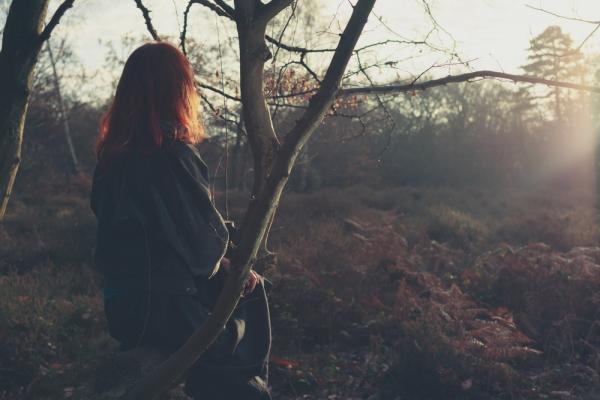On the night I came out, my mom didn’t sleep. She stayed up all night long, crying and praying to God, begging God that what I had said wasn’t true, and if it was, for God to show her some way forward. She waited desperately for a divine word to fall upon her like manna. When it didn’t, when the morning light came and her world was still warped, she got out of bed to go searching for her Lord. She figured God would be at the Christian bookstore.
She worked the aisles for an hour, flipping through books, setting them down, moving from one section to the next. When she found nothing remotely related to this, she started to panic. A store employee passed behind her and she grabbed her arm — asked her where the books on homosexuality were.
The girl gave her a puzzled look and then said:
“Oh. I’m sorry. But we don’t carry books like that here.”
My mom’s eyes blurred with tears. She nodded.
“You’ve got to be kidding me.” She muttered as the girl walked away.
“You’ve got to be kidding.”
On the drive back, she heard the girls’ answer twist and reshape in her mind:
Mothers like you with sons like that don’t belong here.
~
This past weekend, my mom and I recalled those early days as we walked down the streets of Portland, Ore. We had just finished up the final session at the annual Gay Christian Network Conference, and as we walked to our hotel to pack up our things, we felt at the strange seam stitching us from there to here: From hopeless and alone, to three years later sitting palms-raised, on the receiving end of so much hope and blessing and life from a gathering of Jesus-crazy LGBTQ outsiders. Through all the mess along the way, we managed to press on together, as a family.
Read the Full Article

